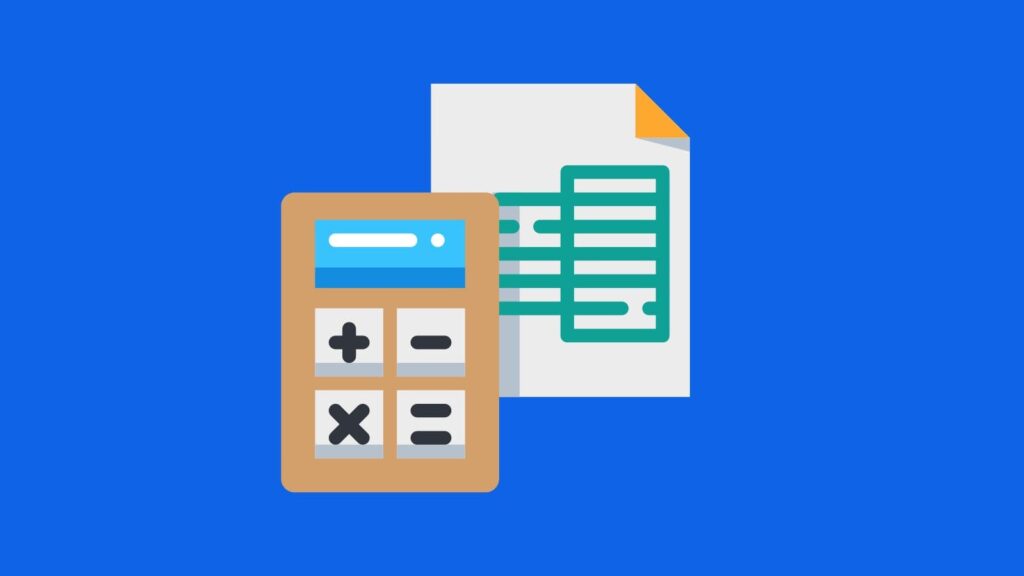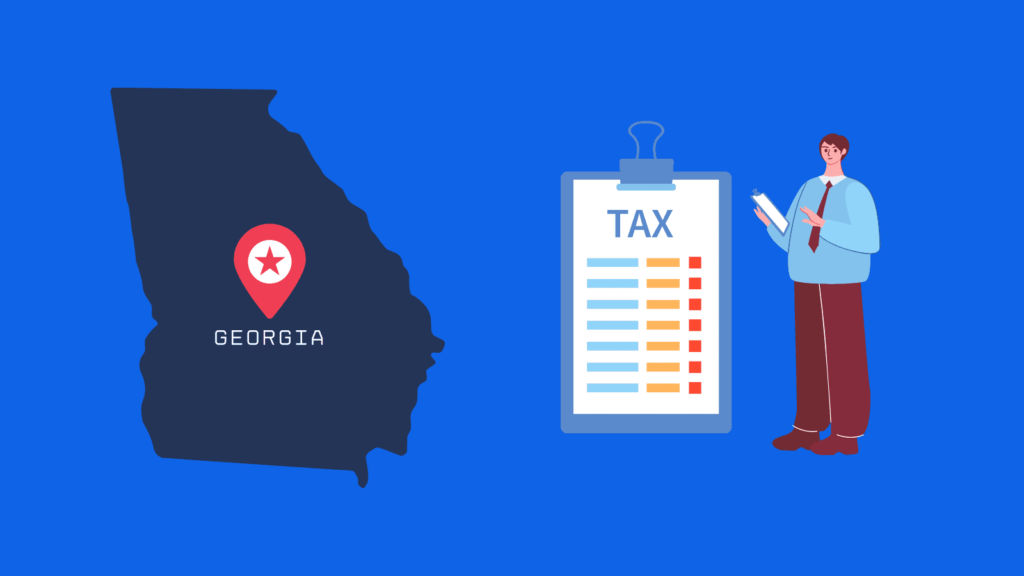All You Need to Know About Estimated Taxes in Georgia for 2022
January 18, 2023

peakreliance
Accounting, Bookkeeping, Taxes
Are you a Georgia taxpayer looking to understand more about estimated taxes in 2022? You’re in the right place! Paying estimated taxes is an important part of managing your finances as a Georgia taxpayer, and understanding how and when to submit your payments is key to staying in good standing with the state. In this guide, we’ll cover all you need to know about estimated taxes in Georgia for 2022. From understanding what estimated taxes are and how they work, to learning when and how to pay your estimated taxes, this guide will help you get up to speed. So, keep reading to find out everything you need to know about estimated taxes in Georgia for 2022.
What are estimated taxes?
Estimated taxes are the method by which taxpayers self-assess and pay their income tax and other taxes owed to the state throughout the year. This system is used as opposed to waiting until April 15 to file your taxes and having to pay the total amount due for the previous year. Estimated taxes are due four times a year, on the same dates when you’re required to file your income taxes. Some states require taxpayers to pay estimated taxes on their gross income, while other states require taxpayers to pay estimated taxes on their net income. Basically, estimated taxes are simply a way of paying your taxes ahead of time, so you don’t end up with a large tax bill at the end of the year. While it’s not mandatory for most taxpayers to pay estimated taxes, it’s highly recommended. The majority of taxpayers who pay their taxes on time throughout the year are those who pay estimated taxes.
Who has to pay estimated taxes in Georgia?
While not everyone has to pay estimated taxes, there are certain individuals who are required to do so. These groups of taxpayers include those who are self-employed, take a large amount of deductions each year, or have a change in their income that would affect their taxes.
Here’s a complete list of who has to pay estimated taxes in Georgia:
- Individuals who are self-employed.
- Individuals with a large number of deductions, such as charitable contributions, medical expenses, and mortgage interest.
- Individuals who have a change in their income that would affect their taxes.
How to calculate your estimated taxes in Georgia
Before you can pay your estimated taxes, you need to figure out how much you need to pay. To do this, you can use Georgia’s estimated tax calculator. The estimated tax calculator will walk you through a series of questions to help you calculate your estimated taxes in Georgia. Here are the steps to follow: – First, you’ll enter your income and relevant information, such as if you have dependents, are self-employed, etc. – Next, the calculator will figure your income and tax withholdings. – Finally, you’ll have to select the frequency of your estimated tax payments. – The calculator will then figure out how much you need to pay in estimated taxes for the current year.
How to pay estimated taxes in Georgia
As we discussed above, there are four due dates for estimated taxes in Georgia, and each payment is 10% of your total expected tax for the year. So, you need to figure out how much you need to pay in estimated taxes, divide the total by 4, and then pay 10% of the result each month.
Here are the steps to follow:
- – First, use the estimated tax calculator to figure out how much you need to pay in estimated taxes for the current year.
- – Second, divide the total amount by 4 to get the amount you need to pay each month.
- – Third, set up a payment plan to pay your estimated taxes throughout the year.
Penalties for not paying estimated taxes in Georgia
As we discussed above, estimated taxes are required of certain taxpayers, such as those who have a large number of deductions, take a large amount of exemptions, or who are self-employed. If you are required to pay estimated taxes, but don’t for whatever reason, you’ll have to pay a penalty.
- – If you are required to pay estimated taxes, but don’t, you’ll have to pay a 10% penalty on the amount you should have paid.
- – If you don’t correct the situation and start paying estimated taxes, you’ll have to pay an additional 25% penalty on the amount you should have paid in previous years.
Benefits of paying estimated taxes in Georgia
One of the biggest benefits of paying estimated taxes is that you’ll avoid a huge bill at the end of the year. Because you’ll make estimated payments throughout the year, you won’t be waiting until April 15 to pay the total amount due.
- – You also won’t risk having to get a loan or cash advance to cover your tax bill at the end of the year.
- – Paying estimated taxes can also help build good credit, since it shows you’re managing your finances responsibly by managing your taxes.
- – Finally, paying estimated taxes on time can help you get a promotion or a raise at work, since your employer will be able to see your responsible financial behavior.
Common questions about estimated taxes in Georgia
Here are some common questions people have about estimated taxes in Georgia. If you have additional questions, don’t hesitate to ask a tax professional.
How do I know if I should pay estimated taxes?
If you’re not sure if you should pay estimated taxes, you can use the above calculator to see if you’re required to do so. In most cases, taxpayers who have a large number of deductions, take a large number of exemptions, or who are self-employed will be required to pay estimated taxes.
What are the benefits of paying estimated taxes?
There are many benefits to paying estimated taxes, including avoiding a huge bill at the end of the year and building good credit. In addition, paying estimated taxes can help you avoid owing money come tax time and save money on interest.
How does paying estimated taxes differ from withholding taxes?
While paying estimated taxes and having taxes withheld from your paycheck are similar, they don’t have the same effect. Paying estimated taxes, as the name suggests, is paying out of your own pocket. Withholding taxes, on the other hand, is when your employer takes money from your paycheck and puts it towards your taxes.
Need help with your estimated taxes in Georgia? Contact us at +1 (718) 218-5558 or [email protected] to learn more about our services and get expert assistance with your tax obligations.
Post Tags :
Estimated Taxes, Georgia
About Us
Empowering small businesses and individuals with efficient and reliable bookkeeping & tax services.



